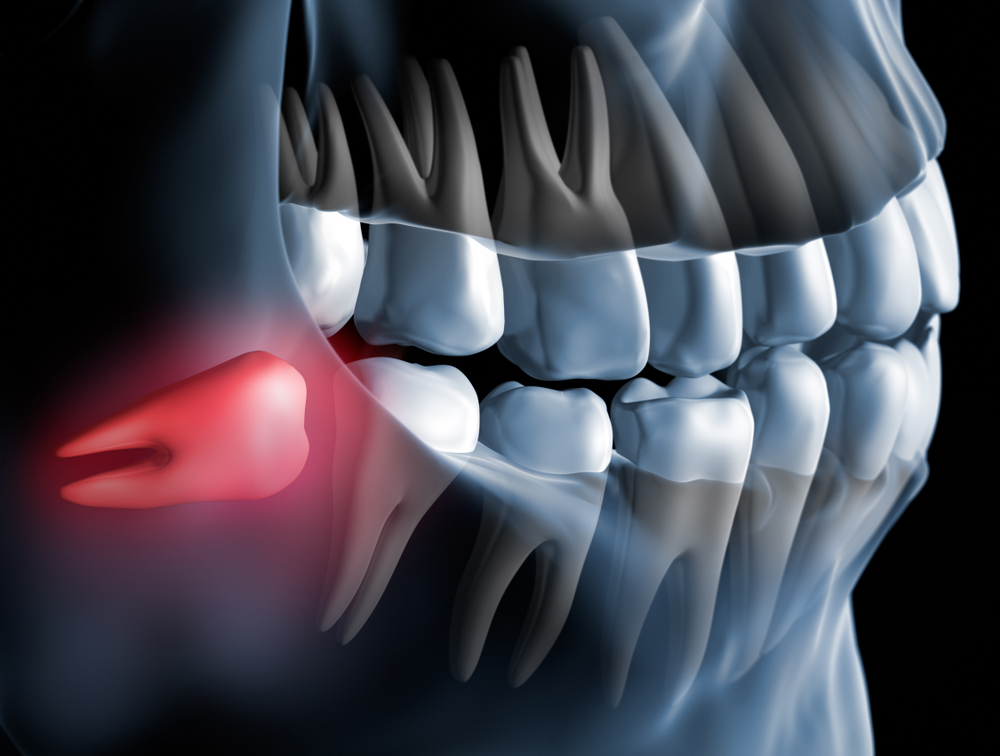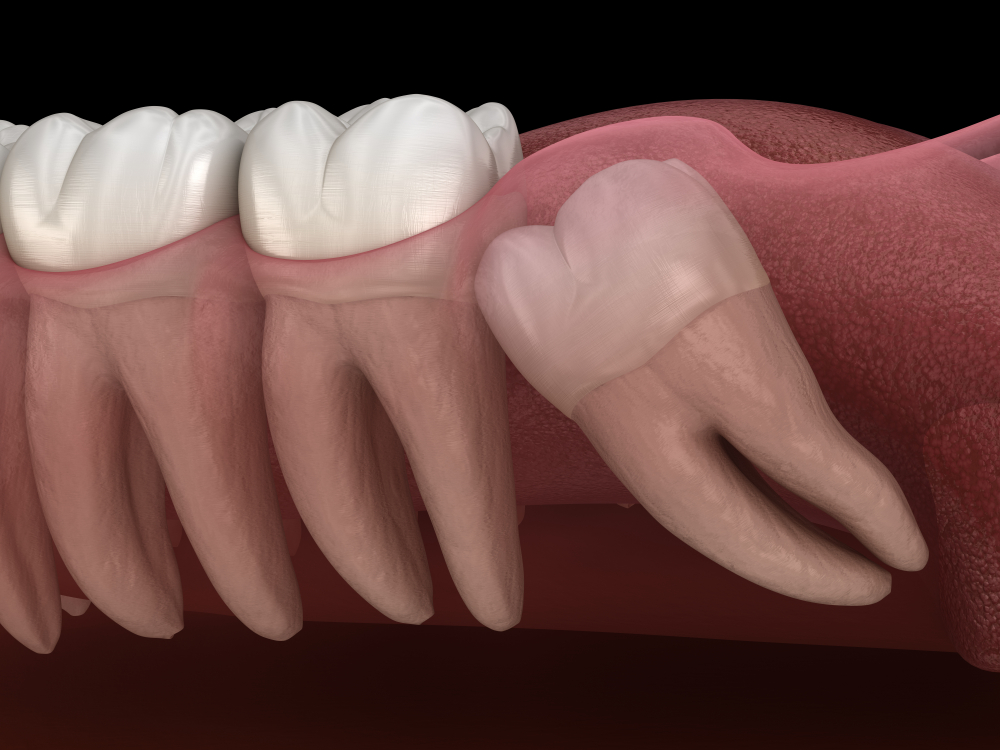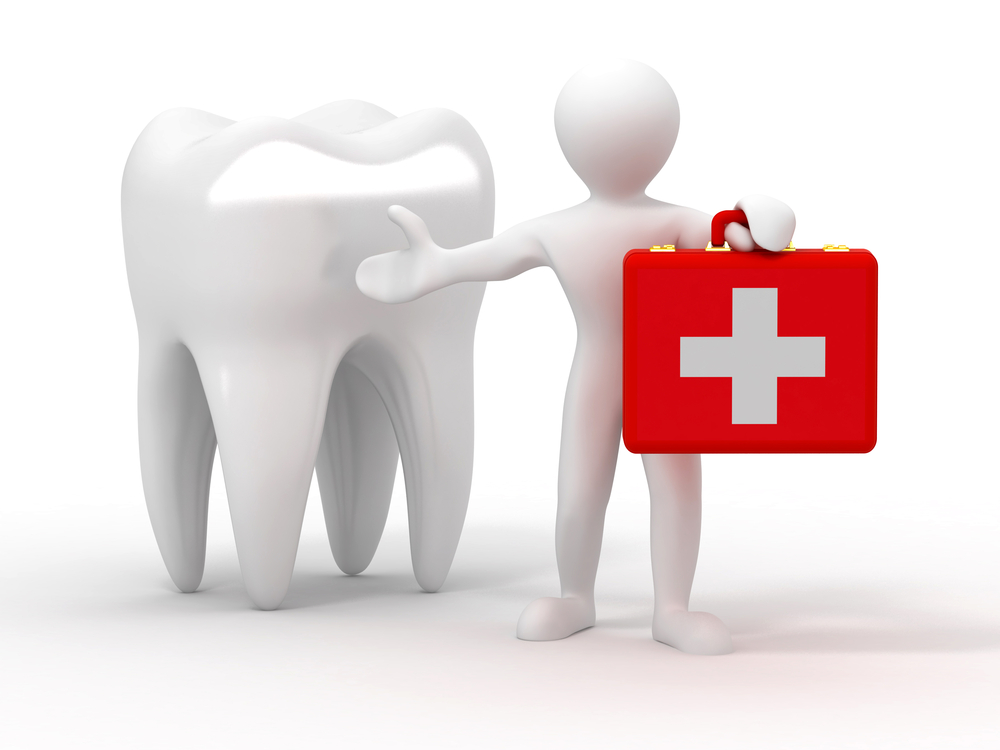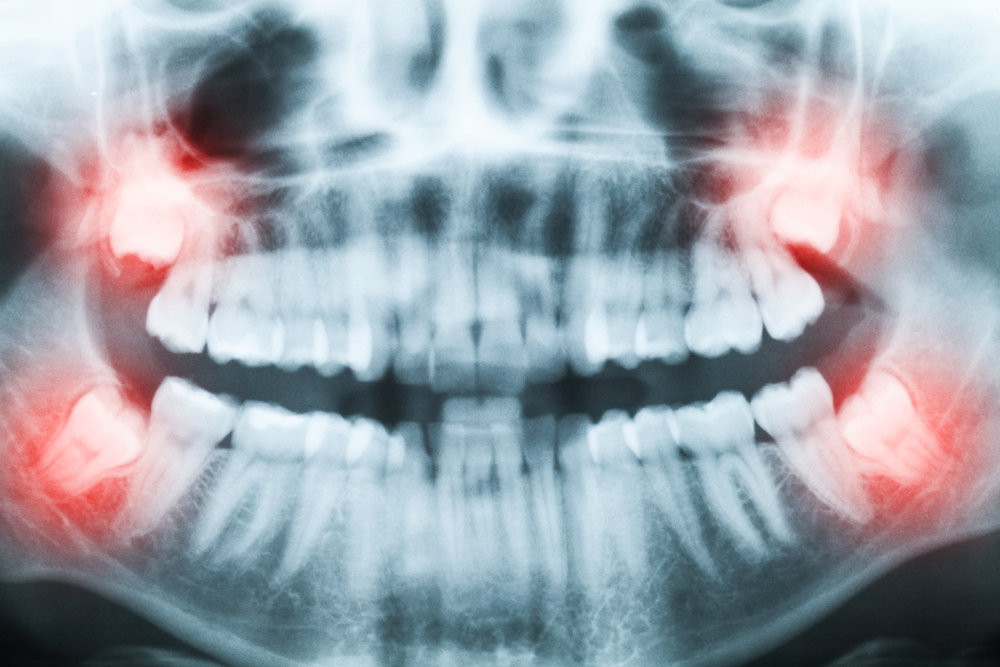Can Wisdom Tooth Extraction Cause Teeth To Become Misaligned
When wisdom teeth start to come out, they put pressure on the other teeth in the mouth and may cause them to become misaligned. This pressure can result in teeth overlapping or mild to extreme discomfort.
However, can extracting wisdom teeth result in teeth becoming misaligned?
The quick answer is no – wisdom tooth extraction cannot cause teeth to become misaligned. However, there are a number of reasons why this misconception exists:
- After extraction, more room is created in the mouth, creating the feeling that teeth are shifting.
- The reduced pressure on the teeth can also result in the impression that teeth have moved.
- Teeth may shift slightly to correct overlapping or misalignment after wisdom tooth extraction.
There are also a number of ways in which teeth can shift in the mouth:
1. Gaps And Spaces
Once more room is created in the mouth after a wisdom tooth has been removed, the teeth may move slightly because they are no longer under any pressure. However, the teeth should not move to the extent that gaps or spaces appear between the teeth.
The teeth should only shift to the position that they were in before the pressure of the wisdom teeth caused them to cram too close together. In some cases, this can give the impression that a space has been created where food can become trapped.
However, it is more than likely that this space existed before the wisdom teeth were added to the equation or removed.
2. Overbite And Underbite
When the top front teeth protrude over the bottom teeth, it is referred to as an overbite or an overjet that results in the teeth protruding horizontally. An underbite is where the bottom teeth protrude over the top teeth.
These types of misalignment can cause difficulty with biting and may result in other problems with chewing or the jaw.
However, these problems are normally caused by a misalignment of the jaw and the extraction of wisdom teeth cannot result in either an over or underbite forming.
3. Crossbite
A crossbite is where the teeth are either misaligned to the left or the right of the mouth causing them not to line up correctly when chewing.
Once again, this is normally the result of a problem with the alignment of the jaw and cannot be caused by a wisdom tooth or other type of tooth extraction.
However, the slight shift in teeth after an extraction can result in some teeth not aligning the way they did in the past causing grinding or clicking together when talking or eating.
This gives the sensation that a crossbite may have occurred but the teeth will become accustomed to the new availability of space and the sensation should pass.
4. Openbite
An openbite happens when there is a gap or space between the top and bottom teeth preventing the teeth from meeting or overlapping when the mouth is closed.
This type of misalignment cannot be caused by a wisdom tooth extraction even when all 4 wisdom teeth are being removed.
5. Impacted Teeth
This most commonly occurs with wisdom teeth and happens when the teeth fail to break through the gum line.
This most commonly occurs because there is a lack of space in the mouth and the tooth can put pressure on the other teeth, especially those surrounding the impacted tooth, causing them to overlap or protrude at an angle.
Often, this type of misalignment is corrected when the impacted wisdom tooth has been removed resulting in a slight shift of the teeth.
If there is any concern that teeth may have shifted after wisdom teeth extractions, consult with a dental practitioner as soon as possible.
Are you searching for a reliable dental clinic in Taylors Lakes Australia for a dental implant procedure? If so, then look no further than Gardens Dental.
Gardens Dental offers a full array of dental services in Taylors Lakes and Caroline Springs to help you and your family maintain healthy teeth.
To learn more about our services or make an appointment, please contact us today on (03) 9449 2626 or through our website.




